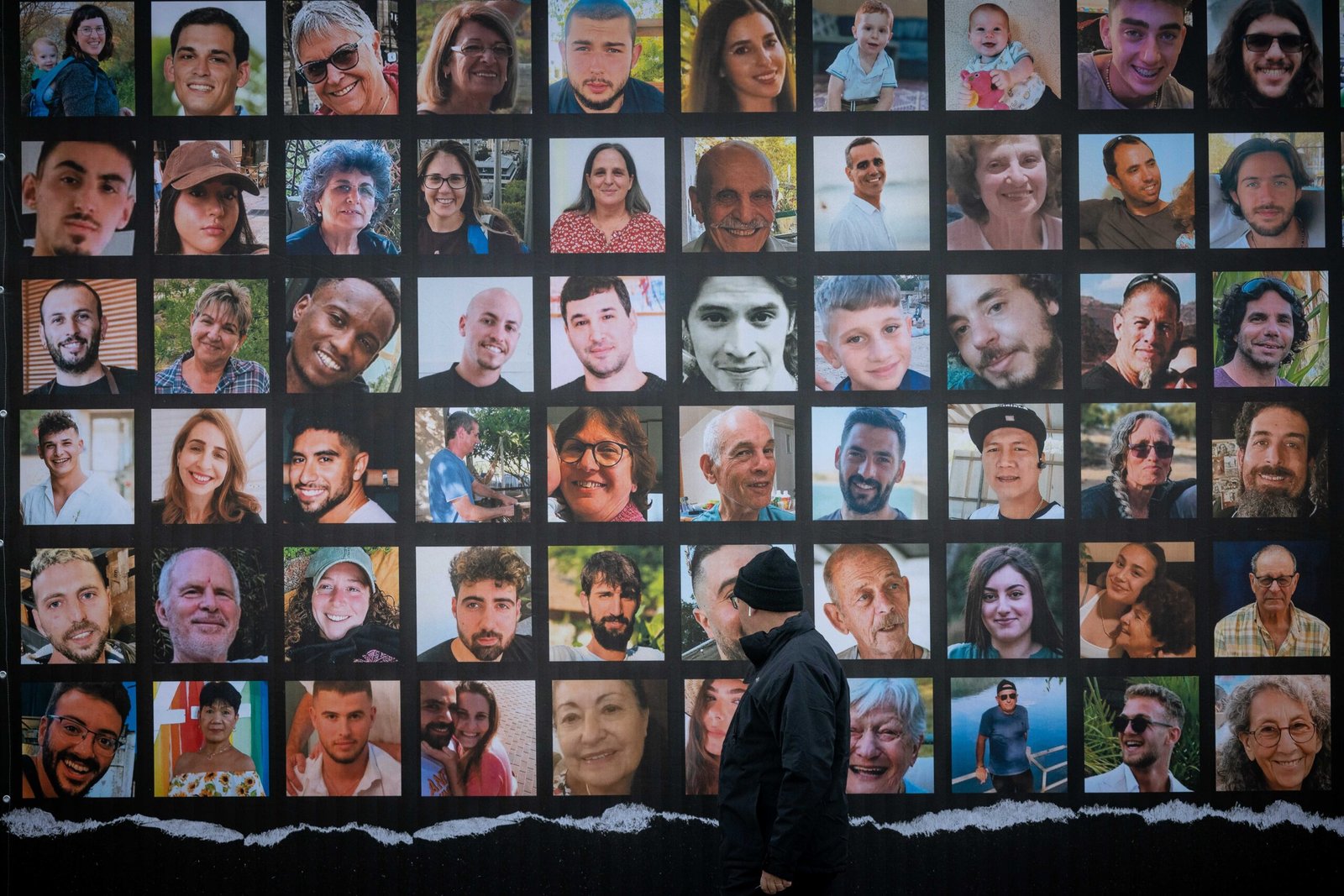Today is the one year anniversary of the Hamas attack on Israel, where over 1,200 Israeli civilians were killed and 251 hostages, some of whom are still in captivity today — were captured. This massacre, the deadliest in modern Israeli history, scarred the nation to its core and set in motion a long-running battle between Israel and Hamas. Though the international community has tried their best to return the hostages, 97 of them remain thought to be trapped in Gaza, and at least 33 of the hostages are still said to be dead by the Israel Defense Forces (IDF).
The Hostage Crisis
Hamas fighters invaded Israeli towns and captured civilians and troops in a coordinated attack on October 7th, 2023. These were taken to unknown sites in Gaza where they’ve been held for a year. Despite diplomatic pressure and negotiations via third-party middlemen, none of the remaining hostages have yet been released.
The hostage crisis has created a massive humanitarian situation, with the families of those still missing suffering through a year of insecurity. Some of the captives were released or found, but 97 of the original 251 are still missing. Most are thought to be alive but it’s not clear why. IDF reports at least 33 hostages were killed and their bodies are thought to be in Gaza.
Israel’s Response and Diplomacy
Israel have continued operations following the attack on July 10th to dismantle Hamas’ Gaza infrastructure and have sought, via international negotiations, the release of the hostages. The Israelis have vowed to return the remaining hostages as soon as possible, but the diplomatic challenge of the situation – along with constant conflict with Hamas and Hezbollah – has made negotiations tricky.
Mediating between Israel and Hamas has been a key diplomatic strategy (led mostly by Egypt and Qatar). Yet Hamas has been taking the hostages as leverage, demanding hefty concessions including the release of high-profile Palestinian prisoners. The inability of Israel to directly negotiate with Hamas, which is listed as a terrorist group by several countries, has further complicated such efforts.
World Actions.
Human Rights groups such as the International Red Cross repeatedly have called for the immediate release of all hostages, stating that their treatment is unlawful. Hostages – most of them civilians kidnapped from their homes – could not be used as bargaining chips in the conflict, in accordance with international law.
In spite of such appeals, Hamas has been in no mood to release the captives with much bargaining power. The gang has since made the hostages central to its strategy, assigning their fate to its political and military interests.
Iran’s Position and Regional Uncertainty
Hostage crisis has emerged as a regional geopolitical battle with Iran to aid Hamas and Hezbollah. Iran’s presence in the area has further complicate efforts to unify the conflict and Hamas and Hezbollah have further fueled the conflict and broadened the front. This proxy war situation has made it even more tenuous, with multiple parties and no prospect of peaceful settlement.
A Year of Uncertainty and Loss.
For the families of the hostages, this year has been tumultuous and devastating. Many had received little information about their relatives’ health, and the stalling of negotiations has rendered them ineffective. The Israeli public, too, has stepped in to support the families, attending vigils and demonstrations to educate the public and press the government to do more.
Those who sheltered the hostages are subject to psychological and emotional distress. Most still remain hopeful for the return of their family and, in some cases, have had to bury family members confirmed dead already.
Looking Forward
Even now, on the anniversary of the first day, the international community continues to work on an end to the hostage crisis. The United Nations and humanitarian agencies remained unified in demanding an end to the crisis, with a main focus on defending civilians during conflicts. But the way forward is still uncertain as the geopolitical landscape in the area is still unpredictable.
Hostage crisis also offers an eye-opening reminder of the human toll of the Israeli-Palestinian war, and of the overall Middle Eastern crisis. The resolution may still come for those still in captivity and their families, but it is not clear.
To read more on the hostage situation and ongoing negotiations, see The Times of Israel and BBC News.

